You already know about the Power Women: the celebrities and moguls, the world leaders and dignitaries, the stars who can dominate a news cycle with a single tweet. Lots of these women—like Nicki Minaj, Caitlyn Jenner, Hillary Clinton and Angela Merkel—are on this year’s TIME 100. But influence and fame are not the same thing, and this year’s list also includes women whose impact far exceeds their fame. You may not know who they are (yet). Here’s why you should.
Jaha Dukureh
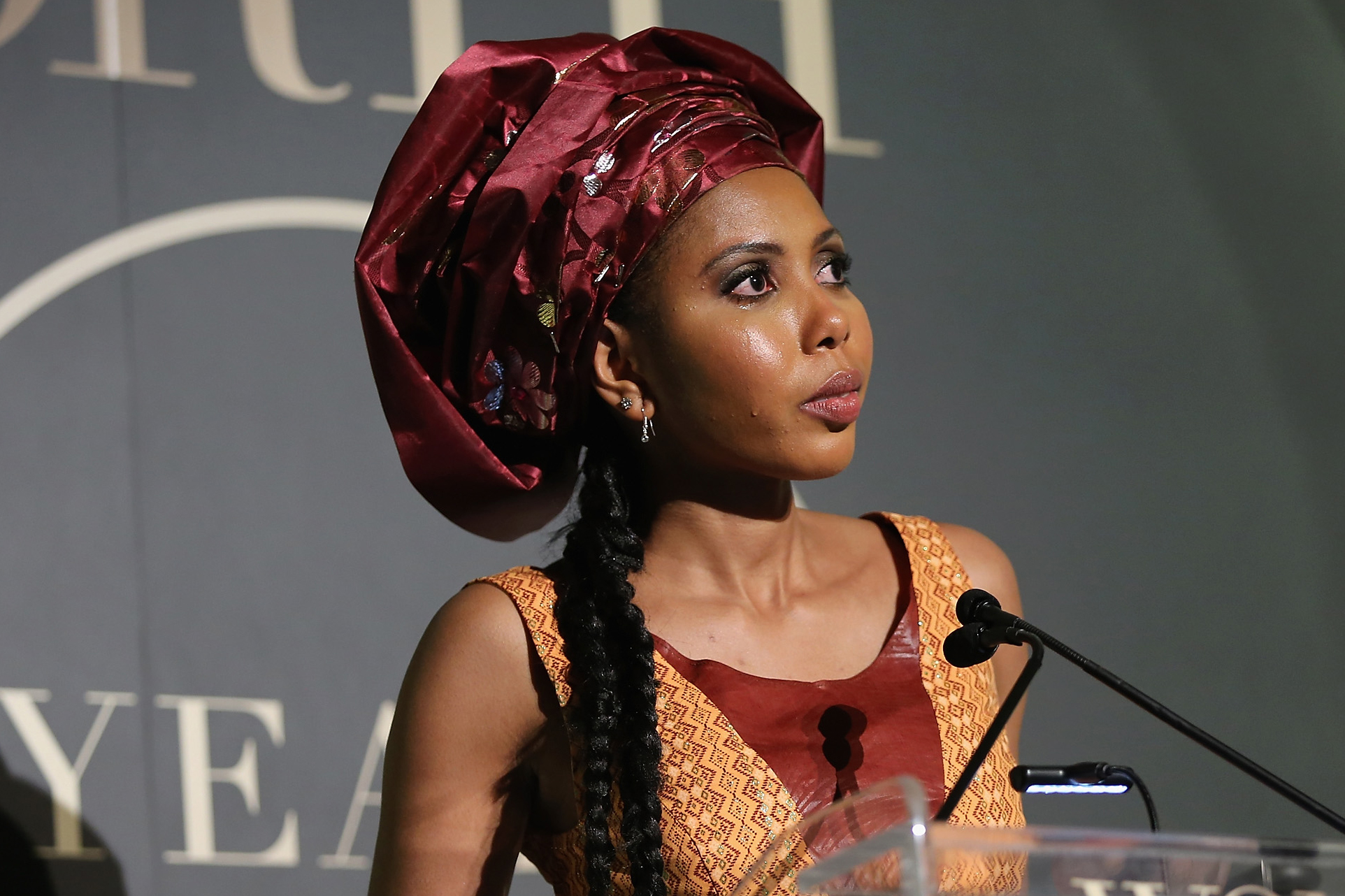
The Gambian activist is a leader in the fight to end female genital mutilation, a practice that affects more than 200 million girls worldwide. Dukureh herself was cut in Gambia when she was just about a week old. At 15, she was sent to the United States to marry a much older and unknown man. When she got married, she learned that she had been subjected to the most extreme form of genital mutilation: her clitoris and labia had been removed, and her vagina had been stitched shut with only a small hole for urination and menstruation. Now remarried and the mother of three, she’s leading a movement to end female genital mutilation worldwide, and raising awareness about the the practice in the United States: after her Change.org petition got more than 220,000 signers, the Obama administration announced it would commission a report to study the problem.
Dr. Laura Esserman and Dr. Shelley Hwang
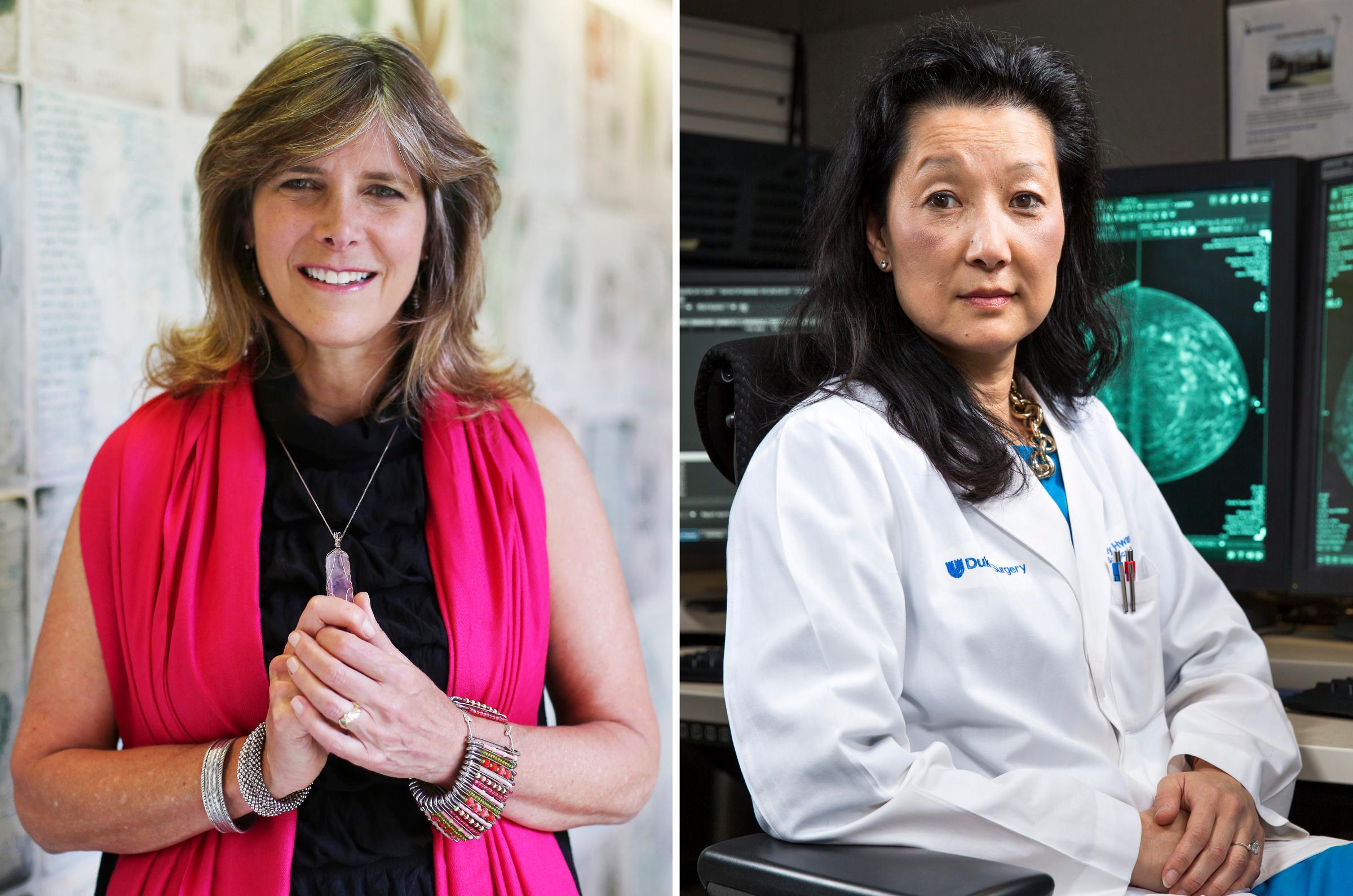
These oncologists are pioneering an approach to breast cancer that is more personalized and far less invasive than the current standard treatment options. They’re on the front lines of a medical movement that now questions whether difficult repeated surgeries and radiation for early-stage breast cancer, known as ductal carcinoma in situ (DCIS), should be the standard of care or whether active surveillance and certain drugs may be sufficient to contain these pre-tumors in some women. Since 20-25% of breast cancers diagnosed through screening are DCIS, Dr. Esserman and Dr. Hwang’s research could affect how breast cancer is treated for thousands of women, and could help prevent needless mastectomies.
Christiana Figueres
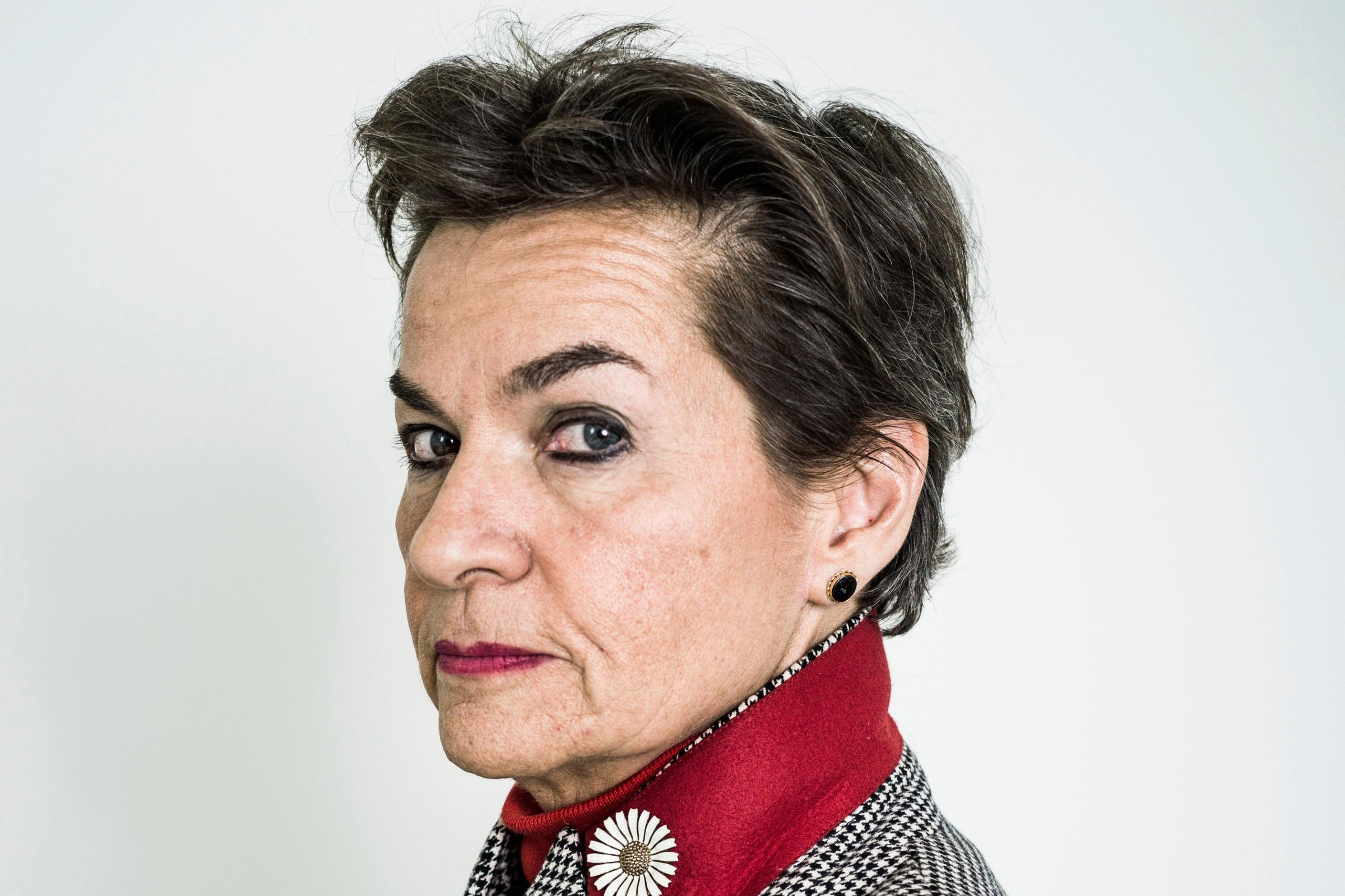
The Costa Rican diplomat was appointed the Executive Secretary of the United Nations Framework Convention on Climate Change (UNFCCC) in 2010. She’s orchestrated successful international climate conferences, including the landmark Paris meeting in 2015. The Paris Agreement, which requires nearly 200 countries to commit to reducing greenhouse gas emissions and invest in addressing climate change, has been widely hailed as the most ambitious climate agreement in history.
Guo Pei
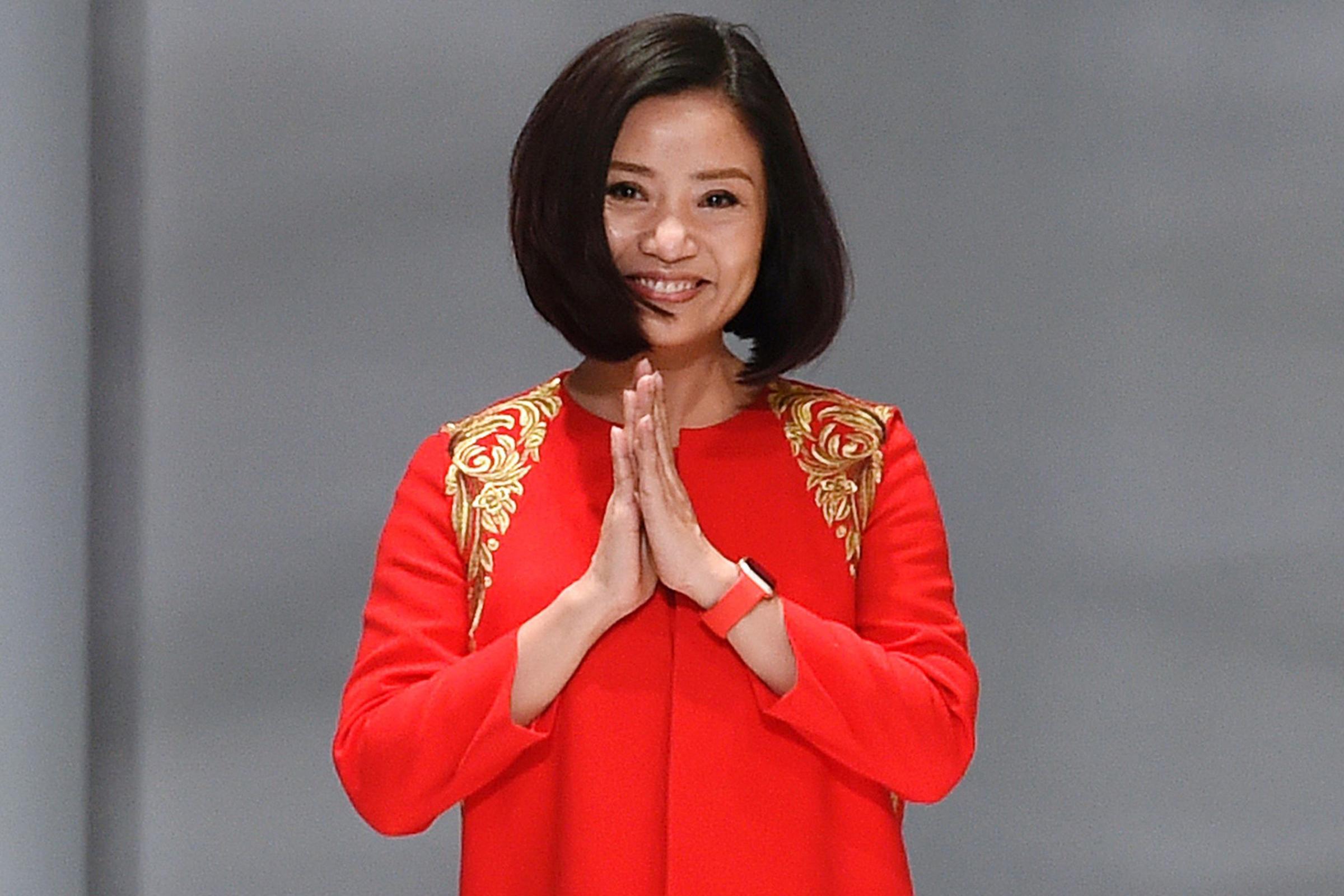
One of China’s most daring and prolific fashion designers is taking the international fashion scene by storm. Known for fantastical designs inspired by the Chinese Imperial Court, Pei designed Rihanna’s famous fur-lined yellow gown with the enormous train from the 2015 Met Gala. Despite her massive following in China, Pei had not shown her work in a major fashion show until January, when she debuted at Paris Fashion Week.
Mona Hanna-Attisha
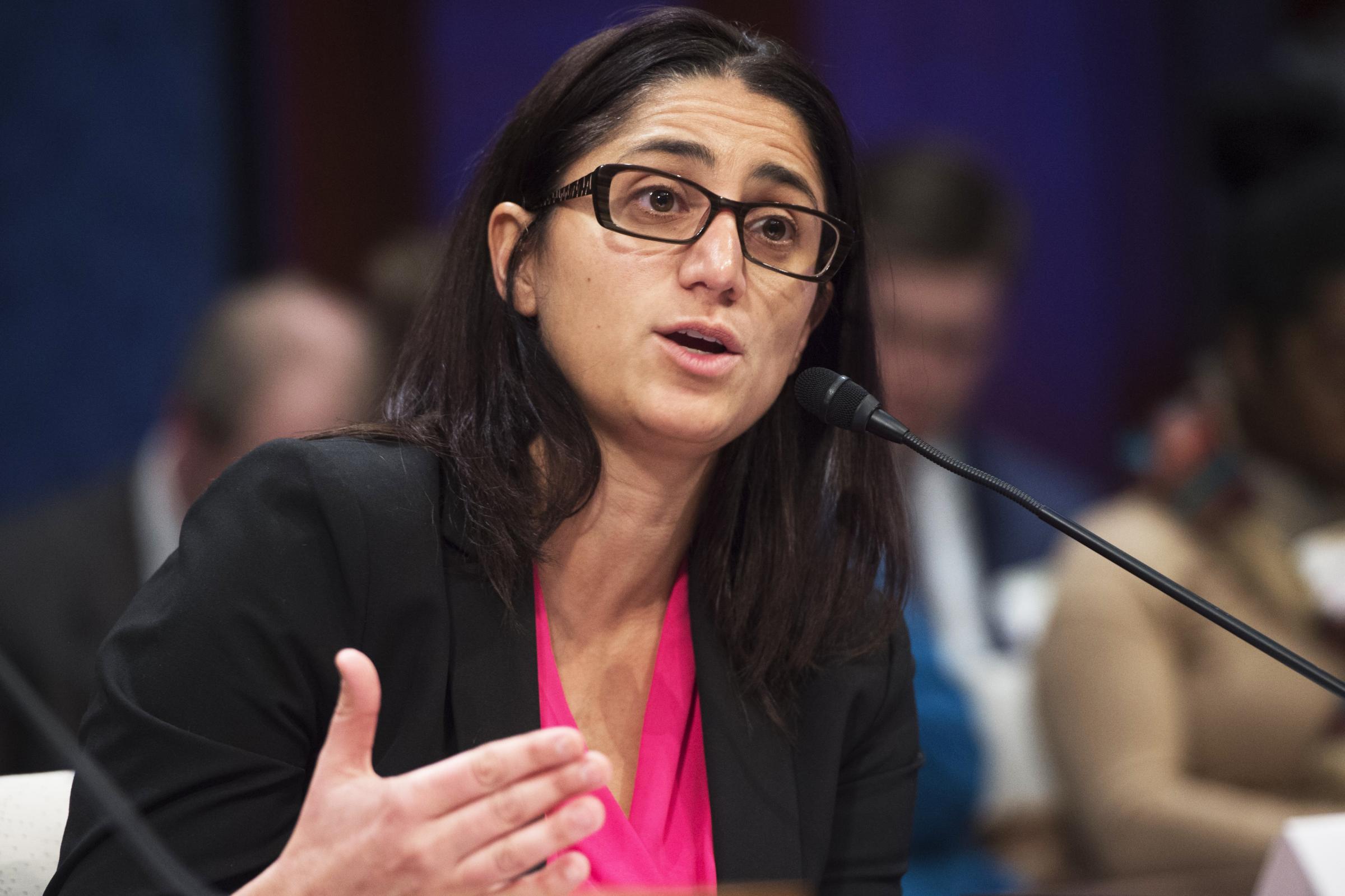
The Flint pediatrician was one of the first to connect the dots between the elevated lead levels in Flint water and health problems in children. As the complaints of Flint parents fell on deaf ears, Dr. Hanna-Attisha was one of the main whistleblowers alerting the public to the Flint water crisis, which is thought to have affected more than 8,000 children under the age of 6. Thanks to her research and activism, officials are now facing criminal charges for allowing Flint children to drink contaminated water.
Hope Jahren
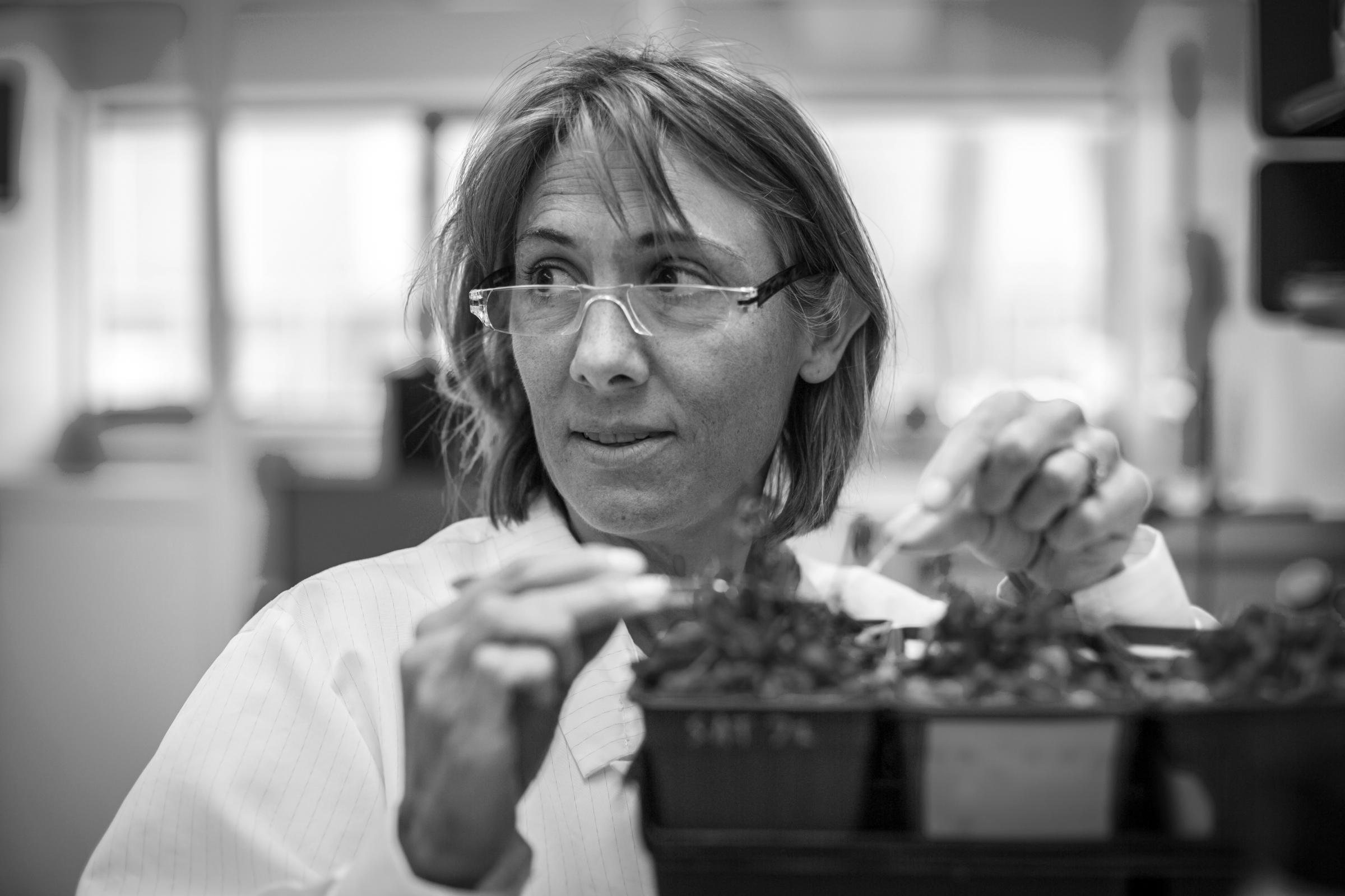
The University of Hawaii geochemist and geobiologist is known for her research using stable isotope analysis to analyze fossil forests. She made waves this year with Lab Girl, a bestselling memoir about botany and her life as a scientist, that doubled as a call to action to protect the Earth’s plant life. She’s also been outspoken about gender dynamics and sexual harassment in the academic sciences.
Yayoi Kusama
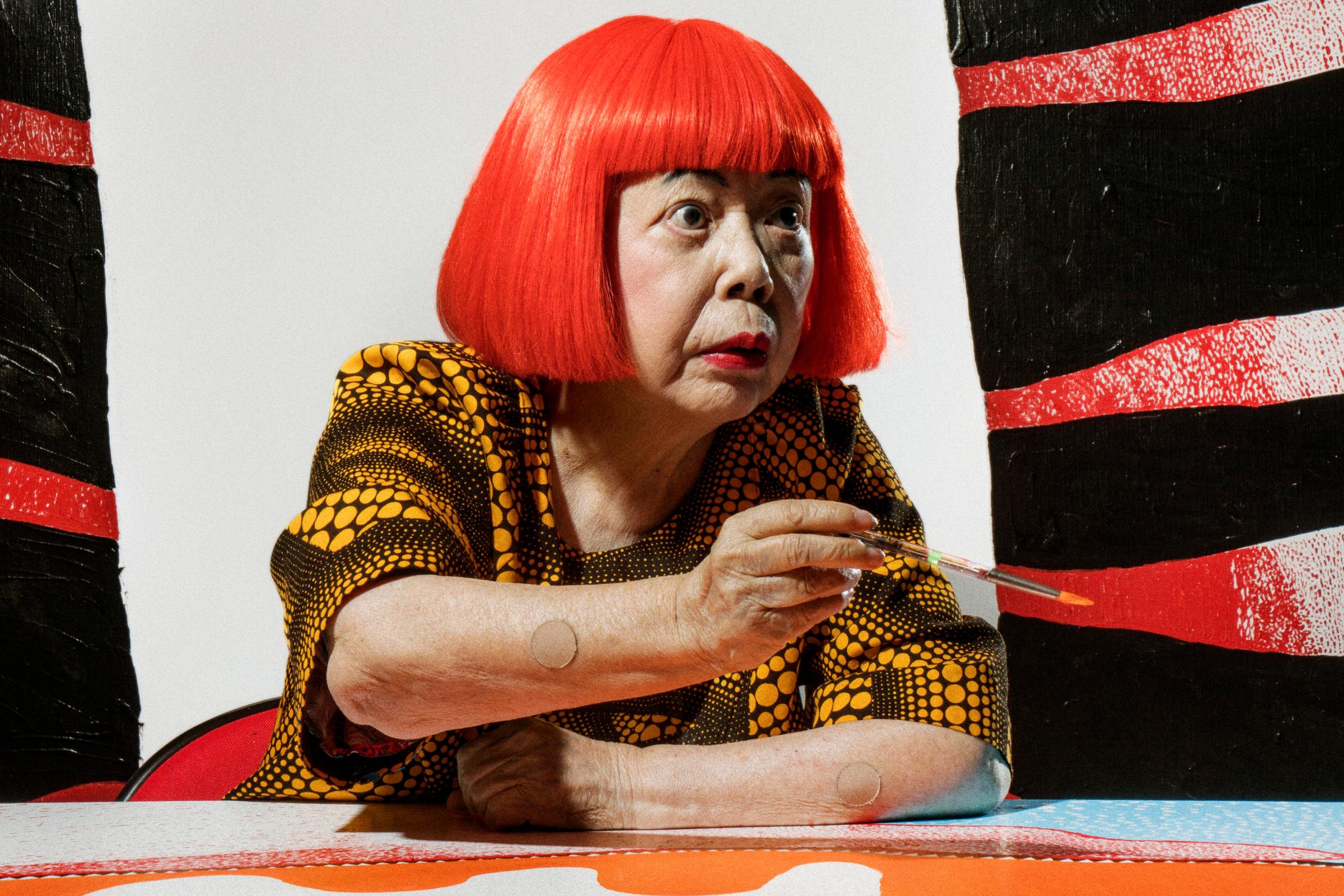
The 87-year old Japanese artist (who was a contemporary of Andy Warhol’s) is known for her abstract expressionist work that often includes polka dots, patterns, and nets. She works in painting, sculpture, drawing, film and installation, and she’s considered one of Japan’s most prominent contemporary artists. Her installation Infinity Mirrored Room opened the Broad Museum in Los Angeles last fall and drew praise from Adele among many others.
Sunita Narain
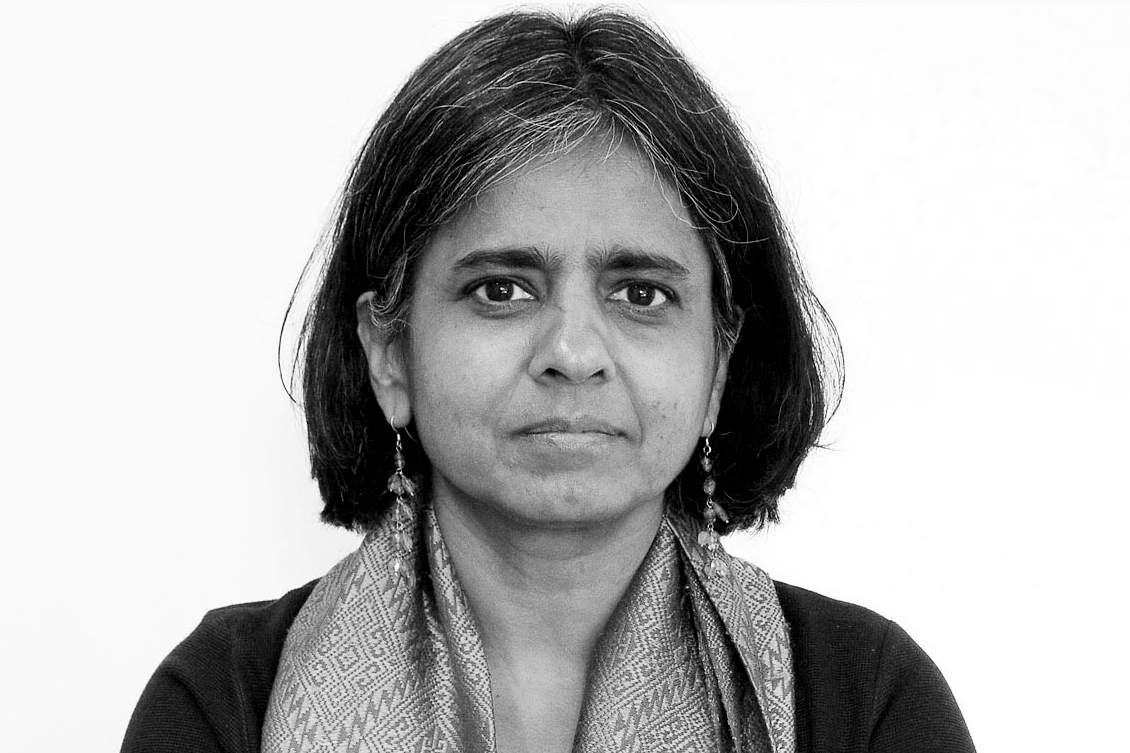
The director of the Center for Science and Environment has long been one of India’s most prominent environmentalists. She’s led campaigns against Coke and Pepsi for including high levels of pesticides in their sodas (an allegation which both companies vehemently deny). She has campaigned for decades to reduce air pollution in New Delhi. She brings social awareness to her environmentalism, recognizing poor and marginalized populations as crucial for environmental progress.
Diana Natalicio
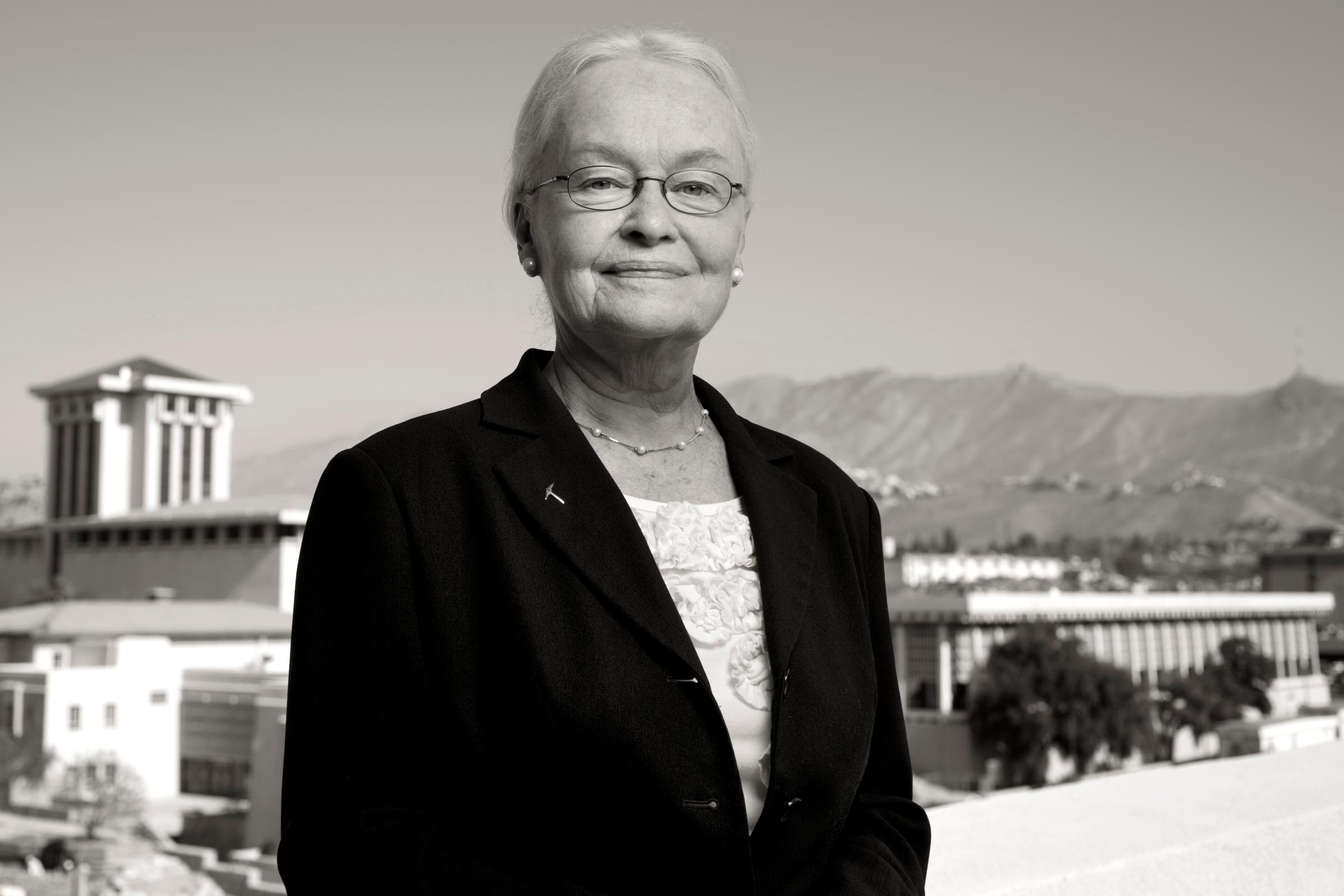
As President of the University of Texas at El Paso since 1988, Natalicio is the longest-serving president of a public research University. In the nearly three decades since she took the job, UTEP has transformed from a small commuter school to a major public research university, with a student body that is more than 80% Mexican-American (with another 5% who commute directly from Mexico.) She’s a major thought leader in the best ways to help low-income, first-generation students succeed in college.
General Lori Robinson

She’s currently the Commander of the Pacific Air Forces, but General Lori Robinson just got a big promotion. In March, Defense Secretary Ash Carter announced that President Obama will nominate General Robinson to be the next head of the Northern Command, putting her in charge of all military activity in North America. If confirmed by the Senate, she will become the first woman to lead a U.S. combatant command, one of the most senior roles in the U.S. Military.
Kathy Niakan
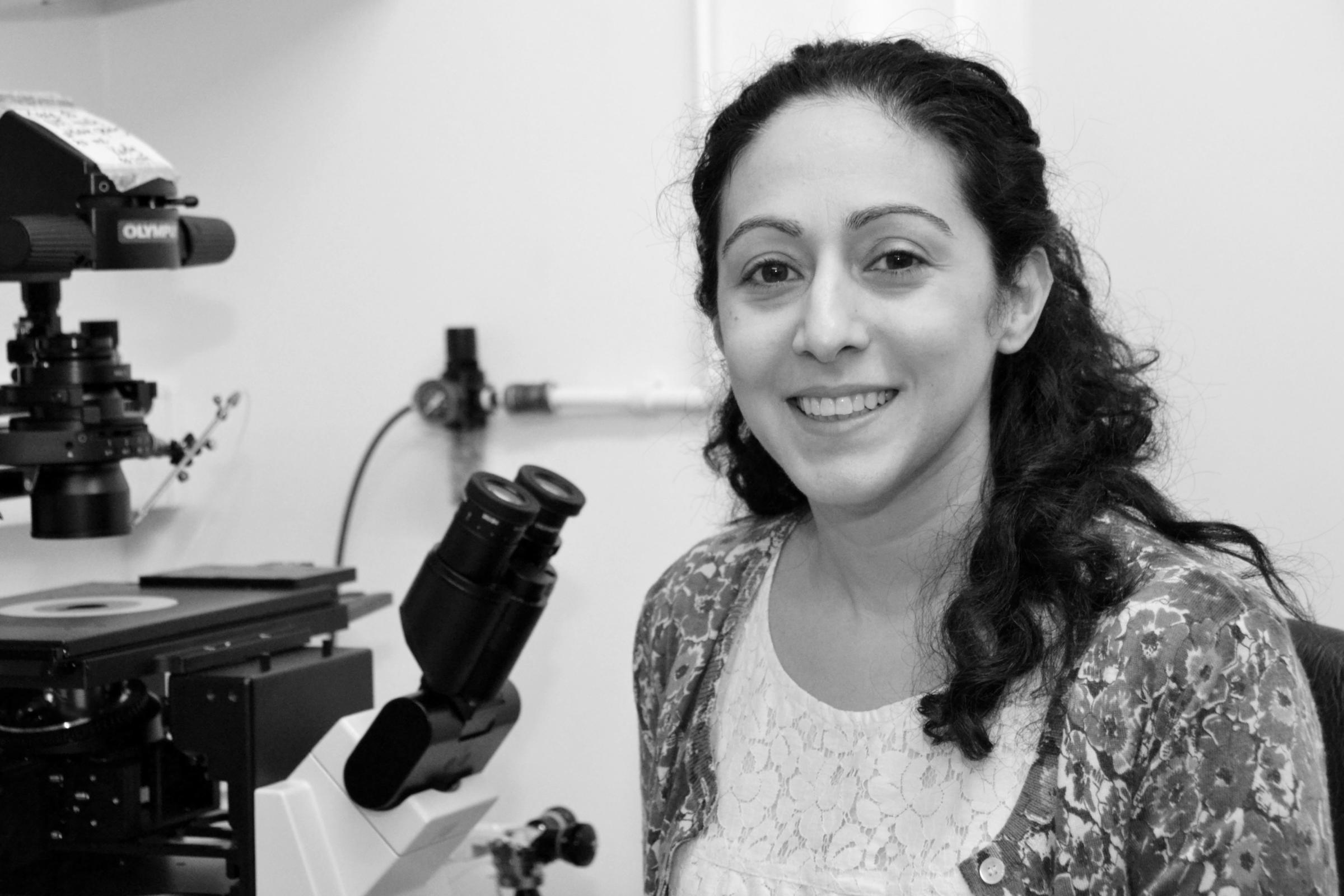
This developmental biologist is the first ever to receive regulatory approval to use a powerful new gene-editing technology on human embryos. In February, the United Kingdom’s Human Fertilisation and Embryology Authority approved Dr. Niakan’s application to use CRISPR–Cas9 to permanently change the genome of human embryos. Her research will lead to a better understanding of which genes are crucial to embryo development, and could help develop new treatments for infertility. Her study is likely the first in what will be a series of experiments in which we make ever more impactful changes to the genome, not only to improve our understanding of disease, but to cure them as well.
Ibtihaj Muhammad
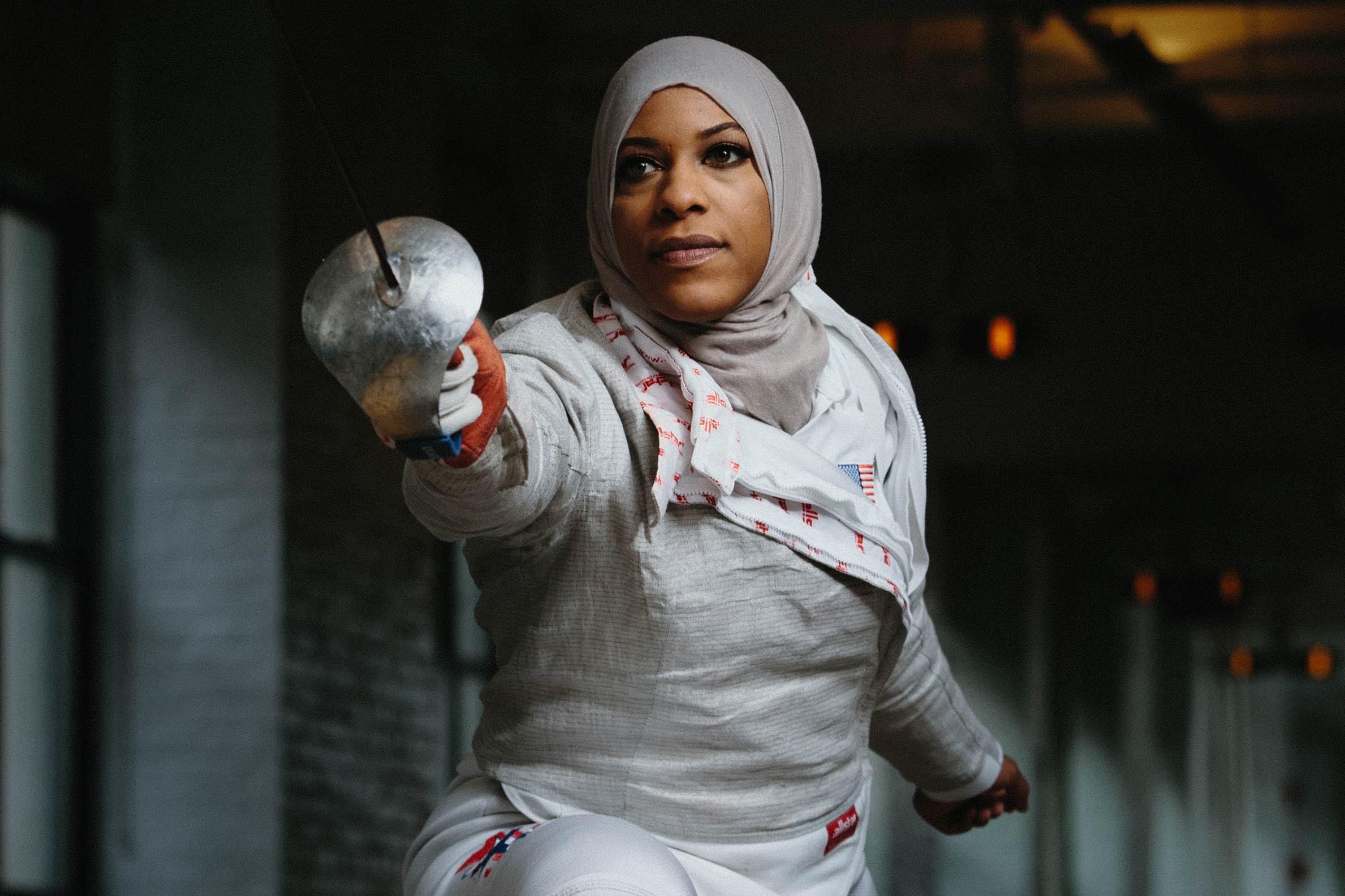
As the first Muslim woman who observes hijab to qualify for the U.S. Olympic Fencing team, Ibtihaj Muhammad is already a pioneer. But she’s also taking political risks, by speaking out against anti-Muslim rhetoric. Her upcoming appearance at the Olympics, wearing hijab, is being hailed as a moment of pride for American Muslims.
More Must-Reads from TIME
- Cybersecurity Experts Are Sounding the Alarm on DOGE
- Meet the 2025 Women of the Year
- The Harsh Truth About Disability Inclusion
- Why Do More Young Adults Have Cancer?
- Colman Domingo Leads With Radical Love
- How to Get Better at Doing Things Alone
- Michelle Zauner Stares Down the Darkness
Contact us at letters@time.com